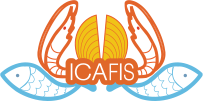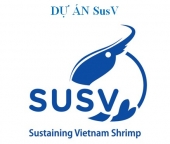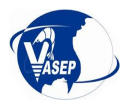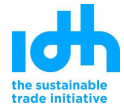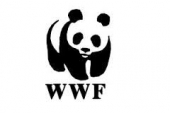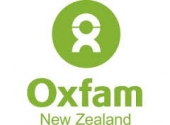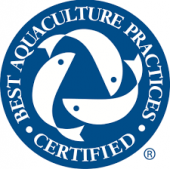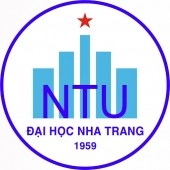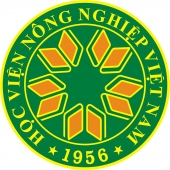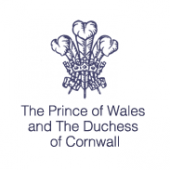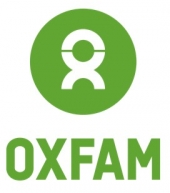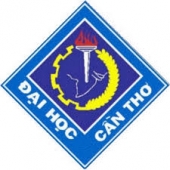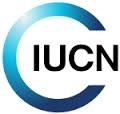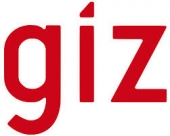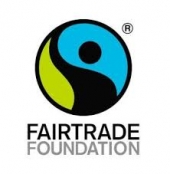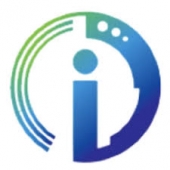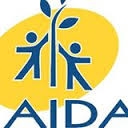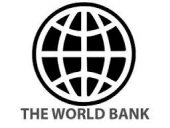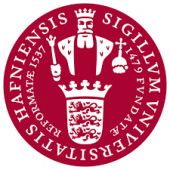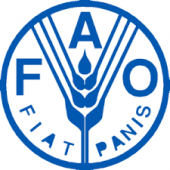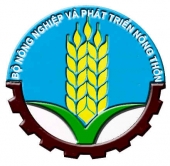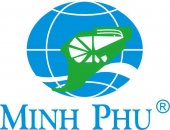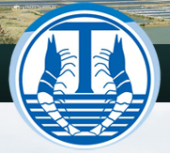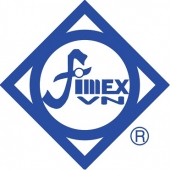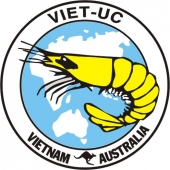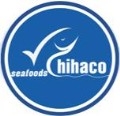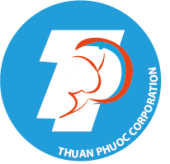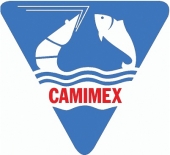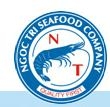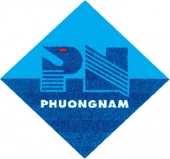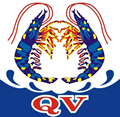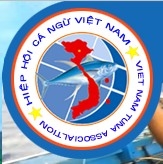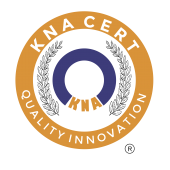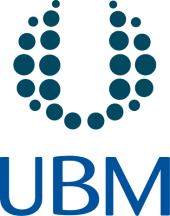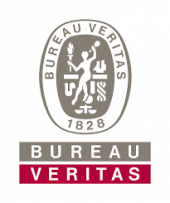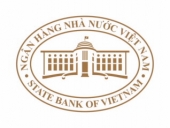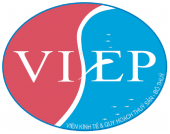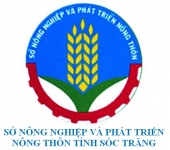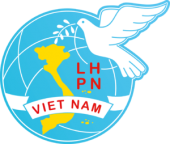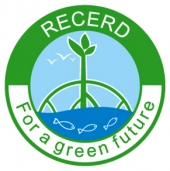TERMS OF REFERENCE
CONSULTANCY SERVICE CALL FOR BASELINE STUDY OF PROJECT
“SUSTAINABLE & EQUITABLE SHRIMP PRODUCTION AND VALUE CHAIN DEVELOPMENT IN VIETNAM” (SusV)
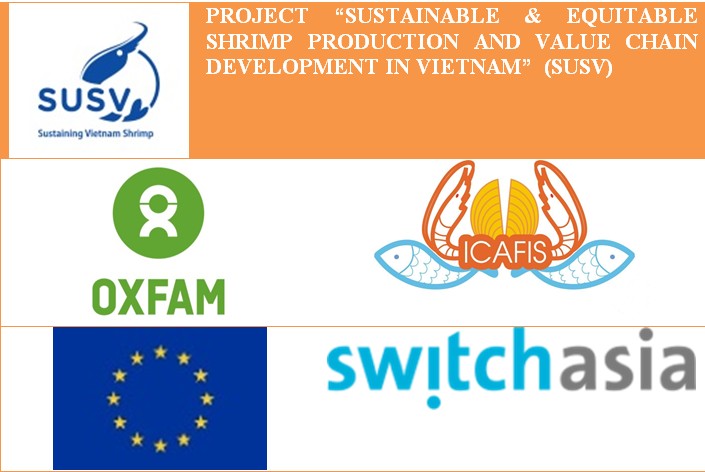
- 1. BACKGROUND
Vietnam shrimp production provides livelihoods for over a million of people and improves income for small scale producers who are accounting for more than 80% of Vietnam shrimp production. However, the booming of shrimp industry, relies on saline water ecology, has been associated with serious environmental and social impacts. The linkage and relationship between various shrimp value chain actors has been fragmented and inefficient which negatively affects product quality and traceability that decreases the competitiveness of Vietnam shrimp products globally. Limited access to financial resources is also a barrier to expand production and comply with required standards of small scale producers and SME processors.
SusV is a four year project funded by EU under SWITCH Asia programme (2016-2019). The project promotes sustainable economic prosperity and poverty reduction in Vietnam through improving social and environmental impacts of shrimp production and related activities in its value chain. The project facilitates adoption and practice of p-SIA/B-EIA of ASC and CSR standards by shrimp producers and processors; improves access to finance and production efficiency; empowers small scale shrimp producers; advocate for application of sustainable production criteria in government’s value chain credit policy. The Project envisions a multi-stakeholder approach (including public, private, NGOs and civil society stakeholders) for the development of the shrimp value chain through the application of sustainable standards, improved production efficiencies as well as scaling up effective access to finance. The Project specifically aims to reduce negative impacts on biodiversity and water sources. In addition, it will increase resources efficiency (water, energy and feed), ensure sustainable livelihoods and improve the economic condition of SME shrimp processor and small scale shrimp producers especially women. At the same time, through responsible standards compliance, the Project improves labour and working conditions, especially for female workers. The Project will introduce easily replicable solutions that can be adopted by other actors and sectors. The Project will focus mainly on the 3 provinces in Mekong Delta (Ca Mau, Soc Trang and Bac Lieu).
The Overall Objective of this Project is: Contribute to sustainable economic prosperity and poverty reduction in Vietnam through improving social and environmental impacts of shrimp production and processing. The four Specific Objectives of this Project are closely interlinked and lead to a sustainable outcome with benefits for small scale shrimp producers, SME shrimp processor, surrounding community members and consumers.
Specific Objective 1: Participatory Social Impact Assessment (p-SIA) and Biodiversity Environment Impact Assessment (B-EIA) criteria of Aquaculture Stewardship Council (ASC) standards will be adopted by shrimp producers and CSR norms are practiced by shrimp processors, to minimise the social and environmental footprint of commercial aquaculture.
Specific Objective 2: Vietnamese small scale shrimp producers and SME shrimp processors have access to adequate finance and improved production efficiency.
Specific Objective 3: Small scale shrimp producers are empowered to have a stronger voice in negotiation with other actors in the value chain.
Specific Objective 4: Government’s credit policies targeting aquaculture/shrimp producers are promoting SCP and are designed effectively to support the development of the shrimp VC.
Project Management Unit (OXFAM/ICAFIS) open a call for baseline study. The baseline study will be expected to provide not only specific data but also overview picture of shrimp value chain in Mekong Delta region of Vietnam including production status, challenges and opportunities, relevant stakeholders, actors. The baseline data and analysis will be used for the Monitoring, Evaluation and Learning (MEL) and the design and implementation of project’s intervention strategies.
OBJECTIVES
The primary aim of the study is to collect baseline data against key criteria and indicators for Monitoring and Evaluation of the project and to describe the status of shrimp production and value chain including challenges and opportunities for sustainable and equitable value chain development.
The specific objectives of the study are:
To profile key value chain actors including role, capacity, power, benefit of small-scale producers, collectors/middleman, processors, current linkages between value chain actors and market access for Vietnamese shrimp;
To describe the status of applying sustainable production management practices against market requirement including understanding, capacity, investment, shrimp production farming efficiency
To describe the status of energy/water consumption, waste treatment including
To describe the status of finance access including capacity, needs, barriers, risks management of shrimp value chain actors and related financial institutions.
SCOPE OF WORKS
The consultants would be expected to carry out the following works:
Review Project documents (Proposal, Log Frame) and baseline reports of Soctrang and Camau province made by Oxfam in 2015 under GRAISEA project.
Update the changes that have been made by GRAISEA project based on its baseline report through GRAISEA’s progress YEAR 1 report.
Design the study methodology with required tools and templates
Conduct study specified in the above objectives with developed methodology;
Collaborate with OXFAM’s consultants in other studies and MEL specialist to share, update and get inputs for final version of baseline report.
METHODS
Desk Review:Review current available reports, documents related to shrimp value chain in Mekong Delta region of Vietnam to identify the missing, gaps for designing the specific field research.
Field research: Collect and analyse quantitative & qualitative baseline data on income, shrimp aquaculture investment, current production practices, energy and water consumption, production volume & value, sales and income indices, market niches
The following are key approaches and tools recommended for the study:
Value chain analysis (including Power Analysis, Market Mapping Analysis)
Gender analysis with PRA and GALS (Gender Action Learning System) tools
Livelihood assessment
Energy/water using assessment.
Households interview
Group Focus Discussion
Stakeholders Consultation Meeting
DELIVERABLES
The following are the expected deliverables:
Inception report
Study instruments
Detailed sampling plan
Data sets including detail analytical data tables, participants list
Draft report
Final report with detail notes of Focus Group discussion and consultative inputs from multi-stakeholders
All outputs are required to be submitted to PMU (OXFAM, ICAFIS) in both English and Vietnamese language in hard copies and in electronic format, in hard copy as complete files fully formatted with all figures, tables and maps included within the text.
TIMEFRAME
Timeframe for the study will be expected within 08 weeks since signing date of the consultancy contract which is scheduled from May-July, 2016. The consultants will be expected to provide a detail study schedule against the following time spots:
Inception reports within 15 days since contract signing date.
Draft study report would be expected by end of June, 2016.
Final report with consultations from other Oxfam’s experts/consultants middle of July 2016
REQUIREMENTS FOR CONSULTANTS
The consultants must have:
Qualifications in one of following majors: social sciences, food industry, aquaculture, environments, economics
At least 07 years’ experience in related fields (survey, study, research, data analysis, energy/water, finance access)
Skills and experiences in conducting baseline, assessments, cost& benefit analysis, familiar with aquaculture/shrimp production in Vietnam
Experience in the value chain analysis and knowledge of social issues in aquaculture production in the Mekong Ddelta
Knowledge and skills of gender tools (PRA, GALS) and experience in gender-sensitive assessment
Be committed to and able to meet the deadline
Documentation skills
Excellent Vietnamese and English writing skills.
Strong computers skills, SPSS/EPI Info/STATA/ CSPro 4.0 software would be an advantage
- 8. PROPOSAL SUBMISSION
The Proposal should be submitted in English by email before 5 PM May 15, 2016 to:
OXFAM in VIETNAM
Contact person: Do Thuy Ha, Private Sector Program Manager
E-mail: ha.dothuy@oxfamnovib.nl
Phone: 84-903262000
The Proposal should be specified in terms of:
Introduction of the Consultants’ profile and related experience
Technical methodology to achieve the study objectives within expected timeframe.
Specific study schedule
Study personnel including team structure and allocation (with CVs)
Breakdown financial proposal
Note: Only those candidates selected for an interview will be contacted
